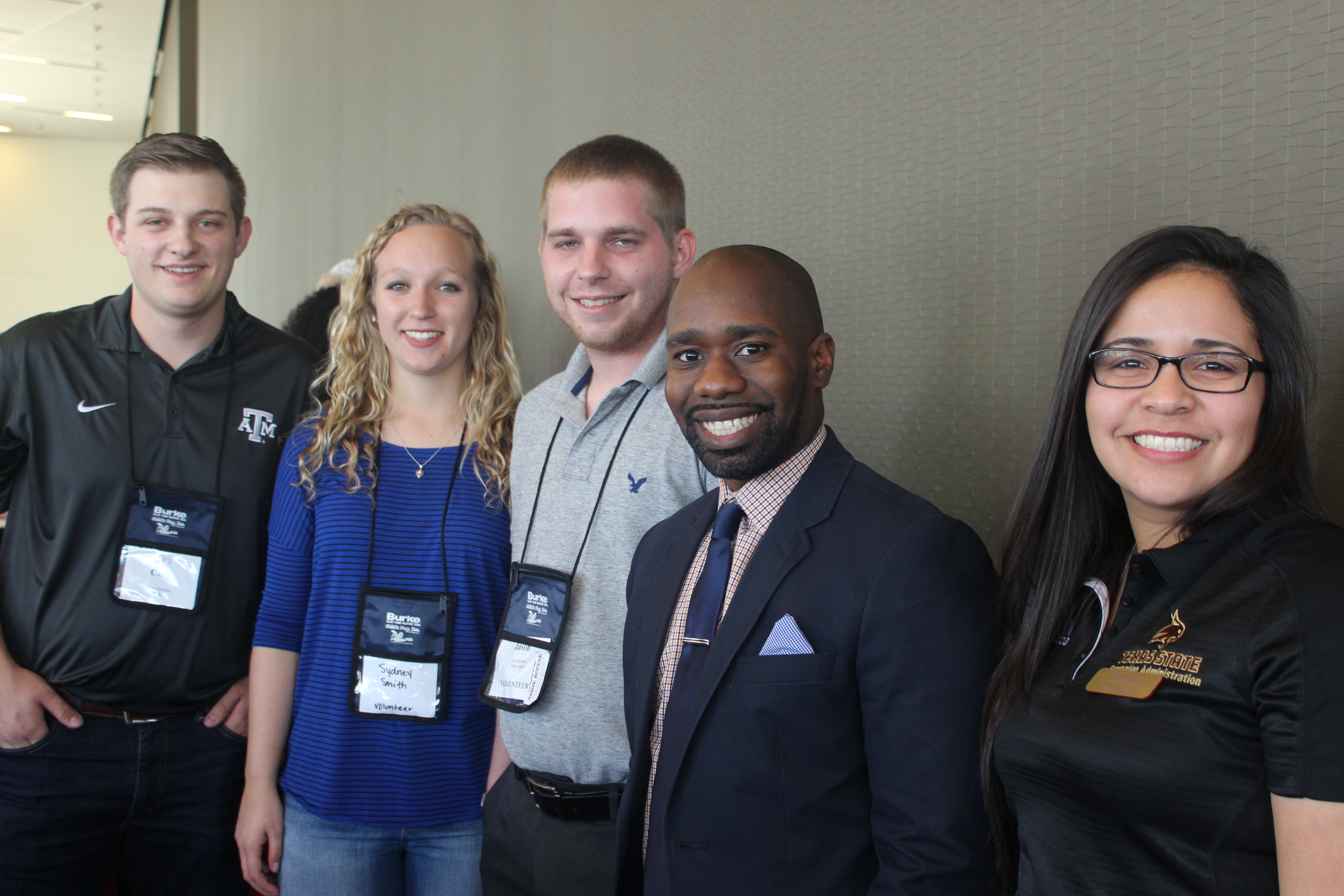Mentors have been a part of career growth since the beginning of time–sharing their knowledge, experience and support with mentees as a benefit to each involved and the profession as a whole. This kind of positive relationship allows each individual to reflect on their skills, experiences and reach their fullest potential.
So, why should you consider being a mentor or mentee?
Mentee
Growth opportunities for mentees seem the most apparent in this relationship. As a new or young professional there’s plenty to learn, networks to develop and benefit to be gained from each of these ventures.
That is where a mentor comes in. Someone who has been developing all of these skills and learning from their experiences can help you progress in your career with confidence. Mentors help you:
- Learn from the experiences of others
- Grow with impartial advice and encouragement
- Identify career goals and direction
- Develop skills for problem-solving and decision-making
- Navigate your career with professional guidance and recommendations
- Receive positive support throughout your career and build self-confidence
Mentors
Mentors act as a guiding light for younger professionals to advance their career and thereby improve the Industry as a whole. Mentors are who many of us thank for our successes and are the beginning of our networks–that ever-intimidating thing young professionals and students are constantly told they need to develop.
For all of the good mentors put out into the professional world, there’s so much good to come of being a mentor, too. Mentorship:
- Improves job satisfaction
- Encourages reflection on your own experiences and expectations
- Develops leadership and management qualities
- Engages volunteer opportunities
- Enhances your CV
- Benefits your sense of fulfillment and personal growth
- Reinforces and expands your knowledge and skills in the Industry
There are plenty of ways to find valuable mentor relationships. Many people find their mentor through their current roles. Some develop a mentor relationship with professors or counselors through education. Others become involved in professional organizations that provide networking opportunities and even programs to match those interested in mentorship.
If you’re interested in mentorship look for relationship opportunities around you–reach out to your network and check-out the Texas Recreation & Park Society’s Young Professionals Mentorship Program.

